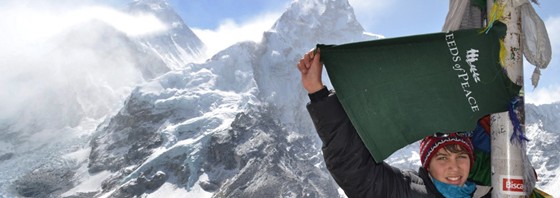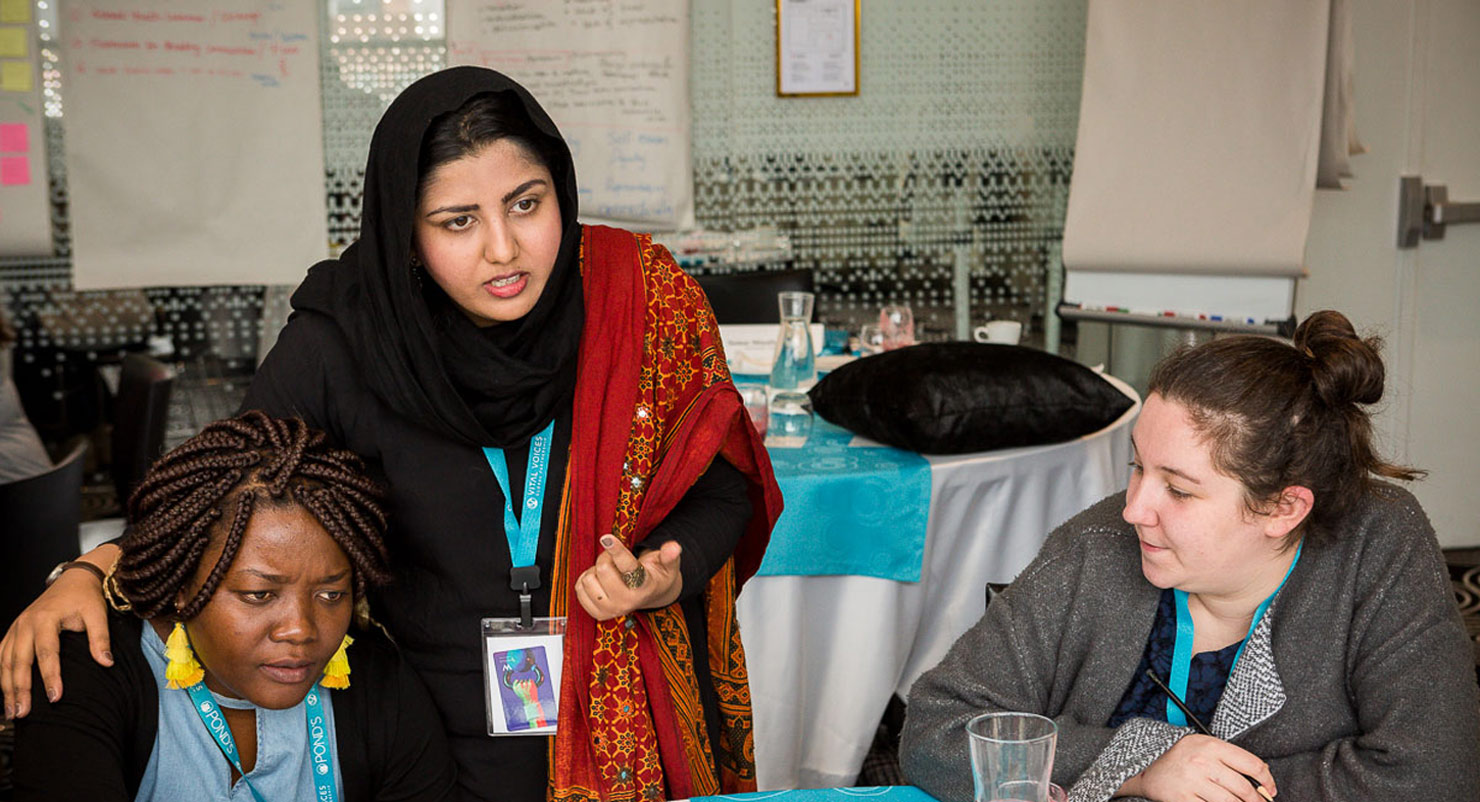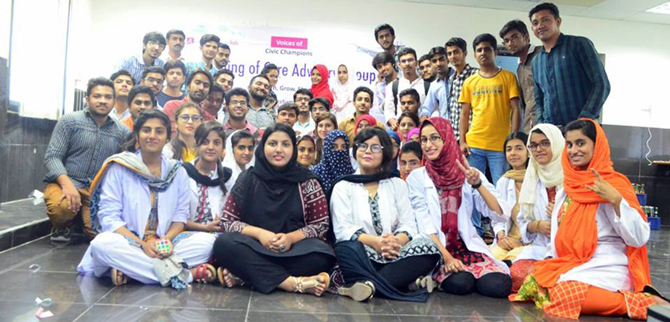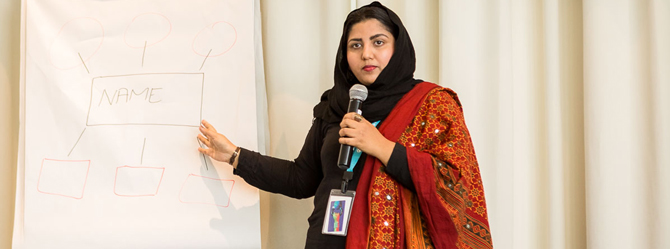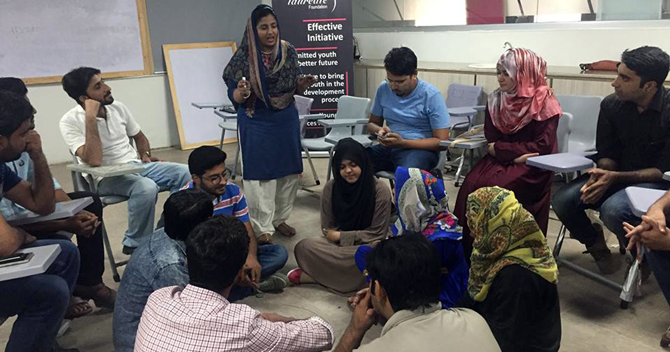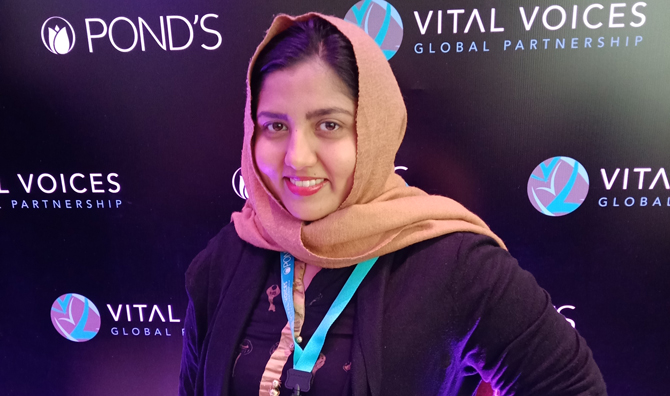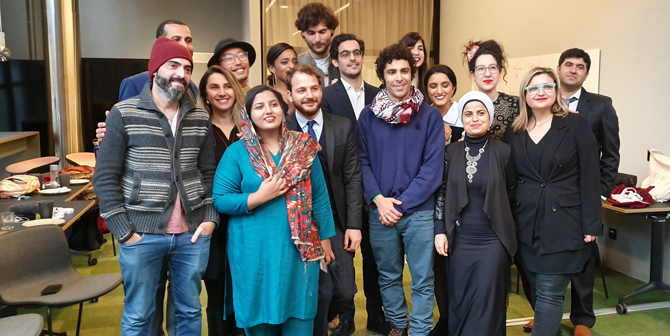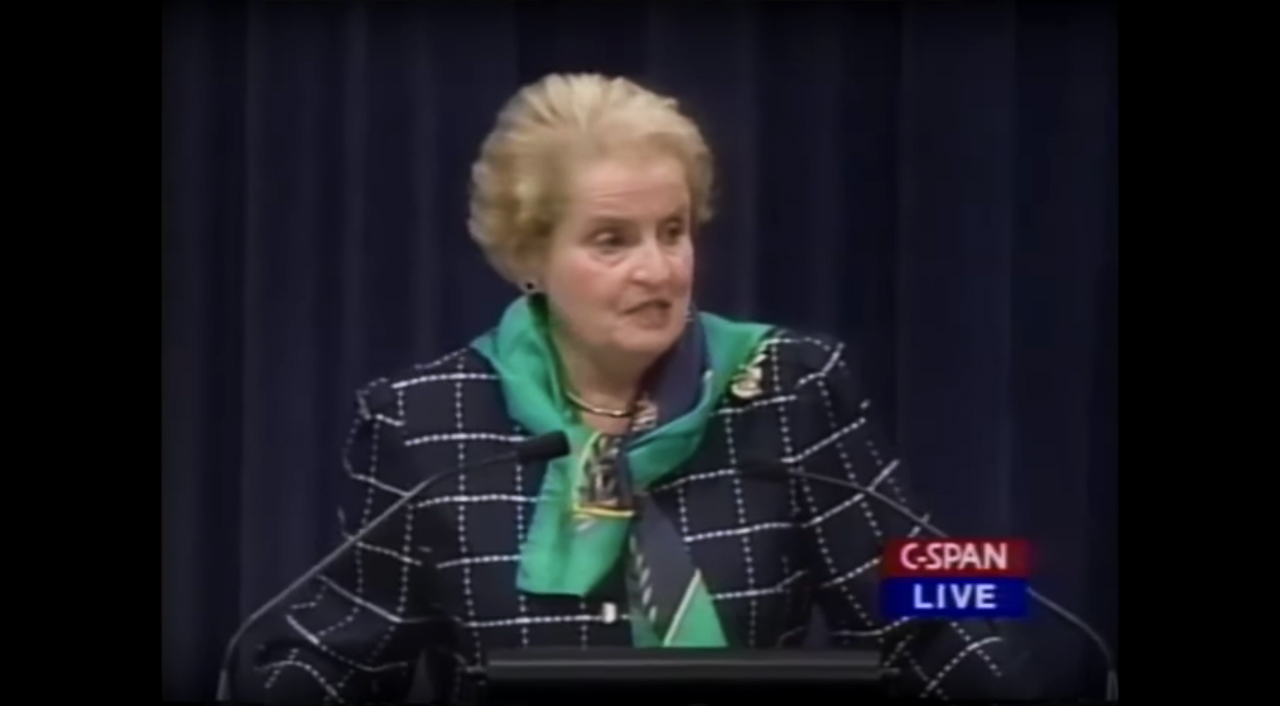LONDON | Nyv (age 12) and his father Ori just spent 18 days in the Himalayas, hiking to the base of Mt. Everest. In doing so, the pair raised over $6,000 for Seeds of Peace.
“We believe that the work that Seeds of Peace is doing and the personal dedication of each Seed and supporter globally will enable us to reach the ultimate goal of making this world a better place,” says Ori.
Ori helped organize McKinsey & Company’s New Partner Orientation week during which Graduate Seeds teamed up with the New Partners. After that experience, “we felt in our family that we want to get more involved in peacemaking and with Seeds of Peace,” says Ori.
Nyv and Ori began their uphill trek to the Everest Base Camp on April 16, hiking by themselves for 10 days without guides, porters or support. “We were hoping to strengthen our relationship, test our mental and physical endurance and make it our own memorable adventure.”
When they reached the Base Camp (17,590 ft.), the pair placed the Seeds of Peace flag alongside the many national symbols at the site.
The next day, they summitted the Kala Pattar peak (18,514 ft.).


